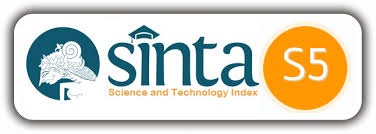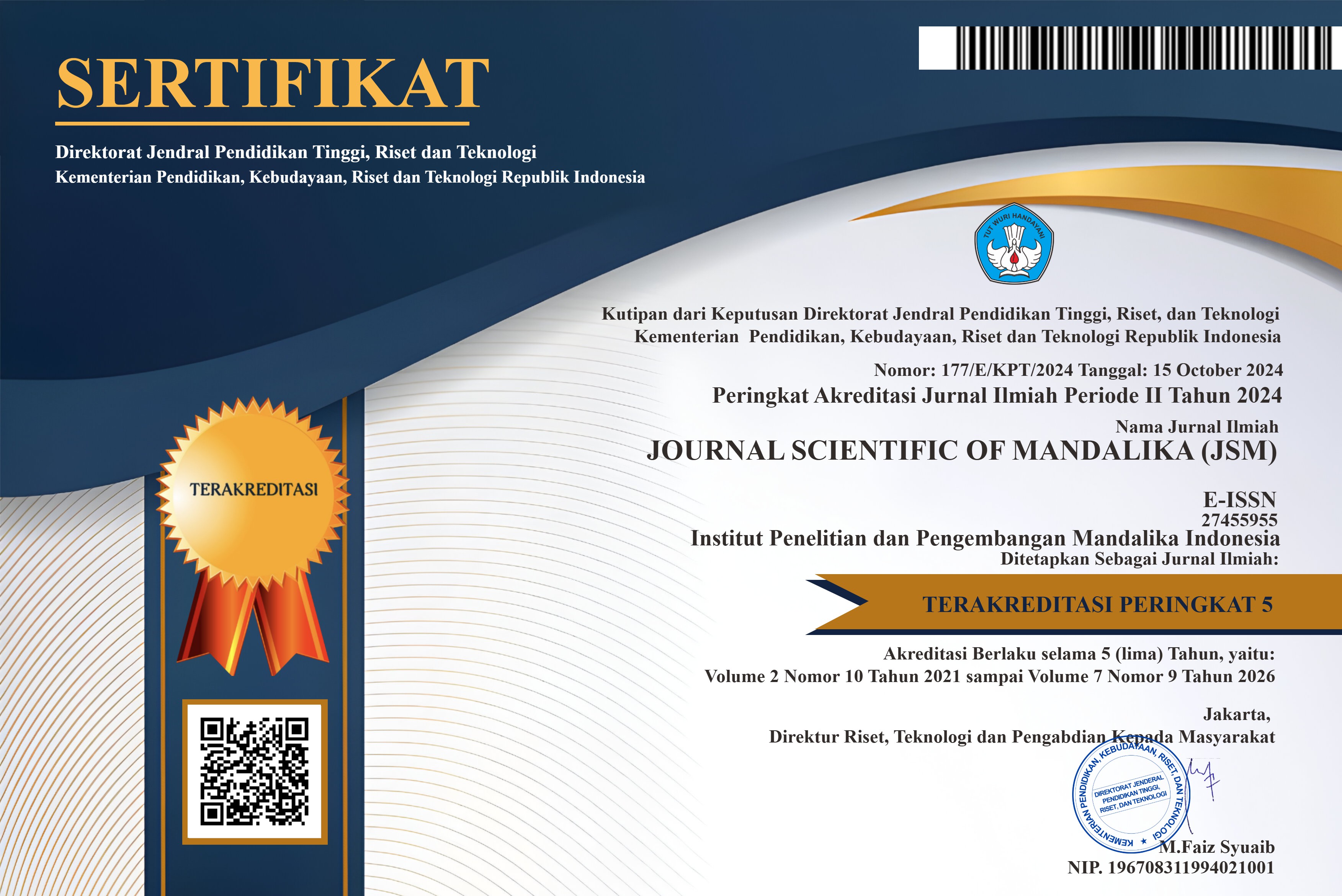Efektivitas Gamifikasi dalam Pembelajaran Matematika untuk Meningkatkan Motivasi dan Keterlibatan Mahasiswa di Universitas Hamzanwadi
Abstract
This study examines the effectiveness of gamification in enhancing student motivation and engagement in mathematics learning at Universitas Hamzanwadi. Utilizing a qualitative approach, this research employs a literature review and library research to explore the potential benefits and challenges of incorporating gamified elements into mathematics education. The findings suggest that gamification, through mechanisms such as point systems, challenges, and rewards, significantly boosts students' intrinsic motivation and participation in learning activities. Gamification fosters a competitive yet collaborative environment that encourages active involvement, helping students to stay engaged with the content and improving their learning outcomes. However, the study also identifies challenges such as varying levels of technological readiness and individual preferences among students, which may affect the effectiveness of gamification. Despite these challenges, the literature indicates that when implemented thoughtfully, gamification can be an effective pedagogical tool for increasing student interest and performance in mathematics. The research highlights the importance of adapting gamification techniques to the local context and the specific needs of students to maximize its impact. This study contributes to the growing body of literature on educational gamification and offers insights for educators looking to implement innovative teaching strategies in higher education, particularly in the context of mathematics learning at Universitas Hamzanwadi.
Copyright (c) 2025 Rody Satriawan, Abdullah Abdullah

This work is licensed under a Creative Commons Attribution-ShareAlike 4.0 International License.













